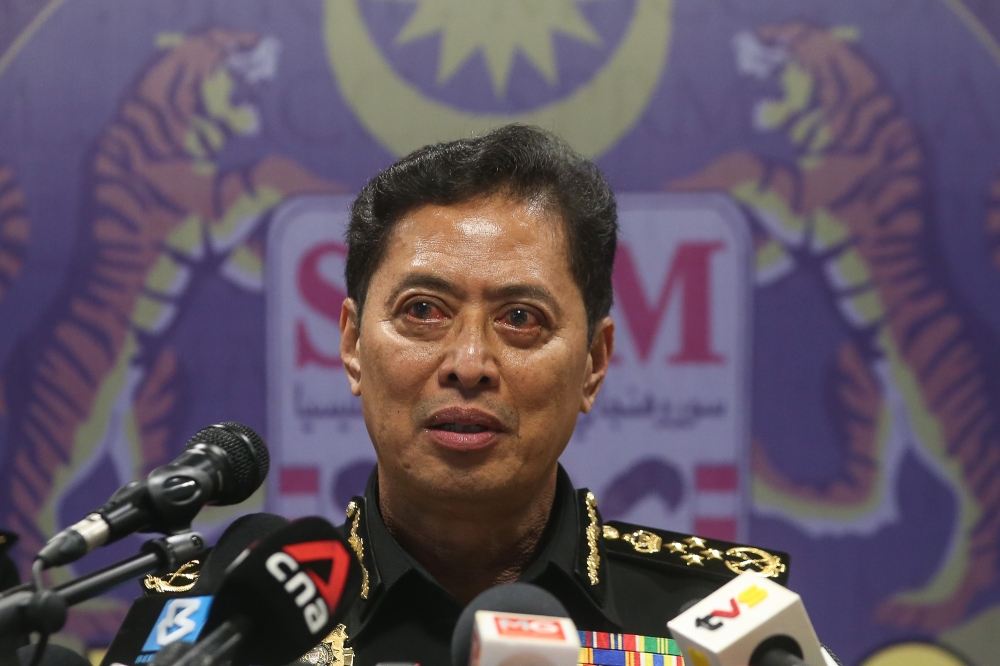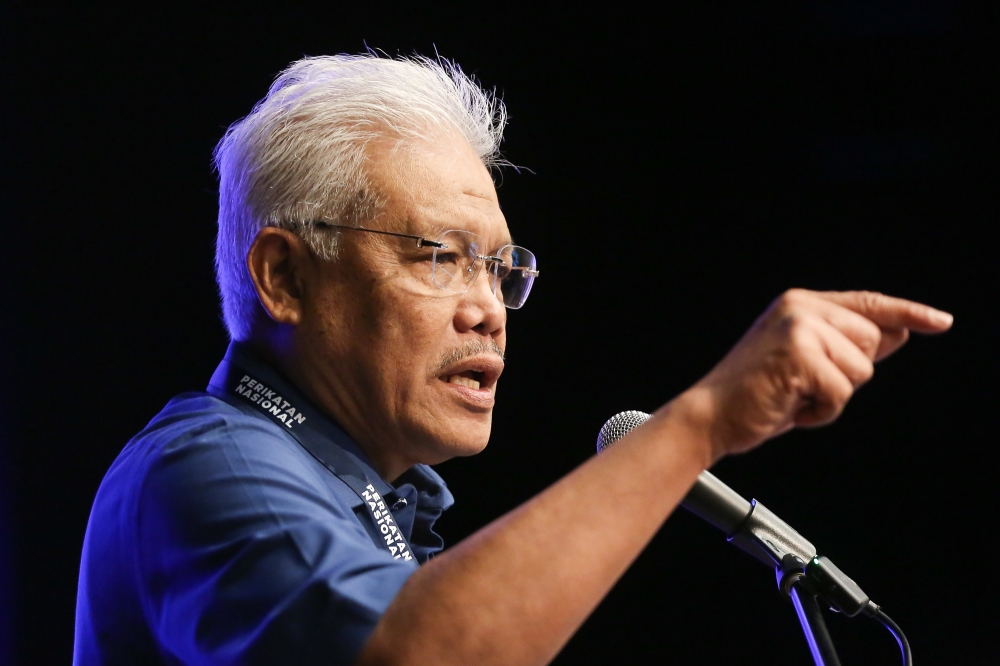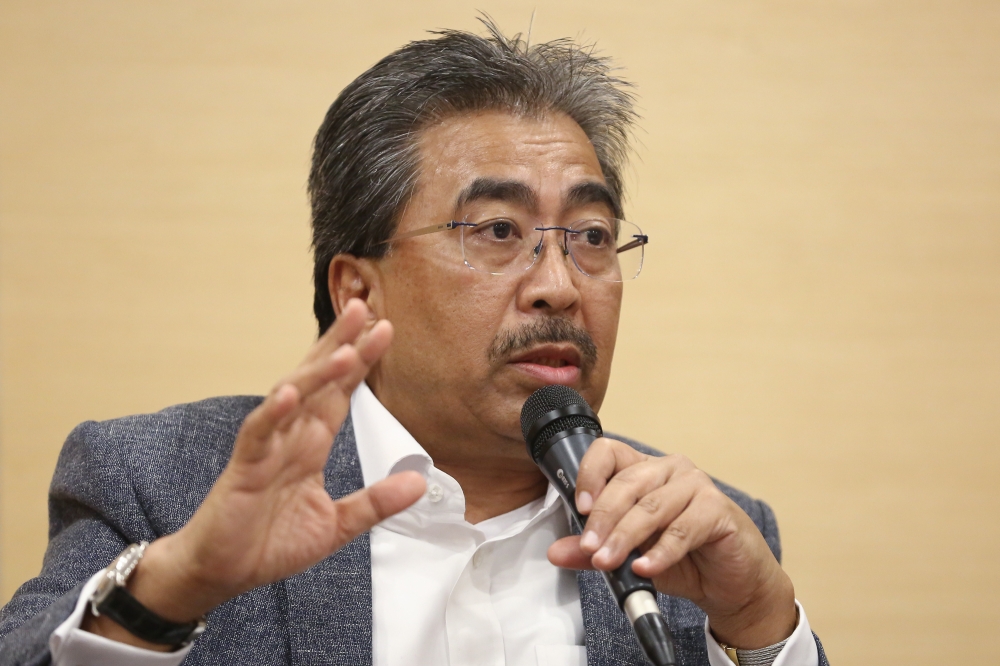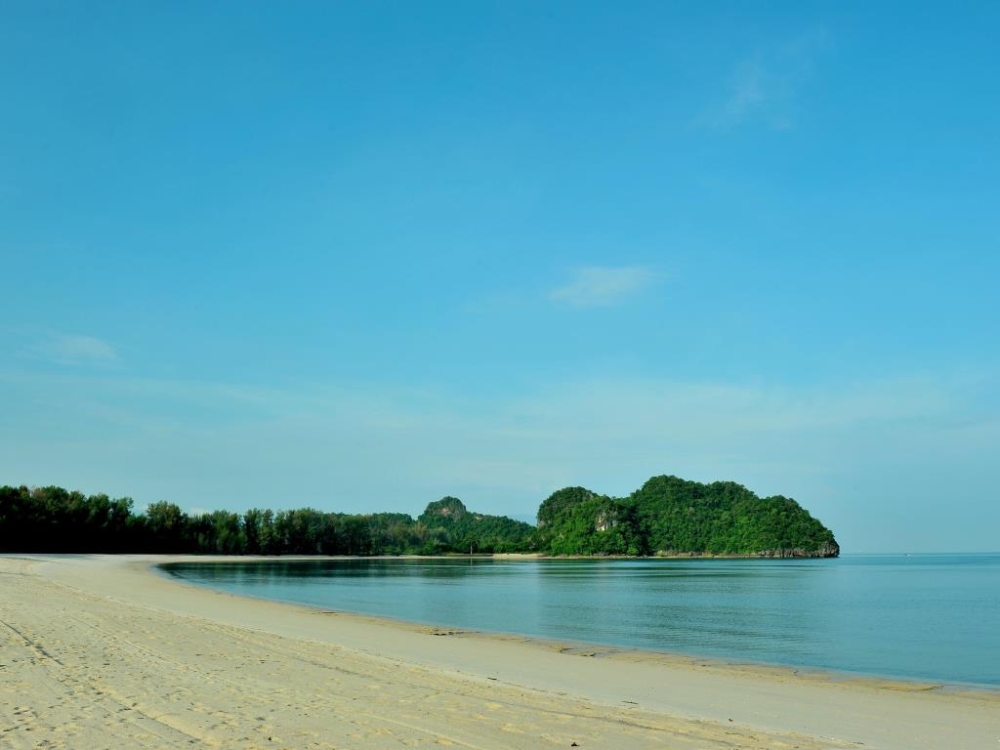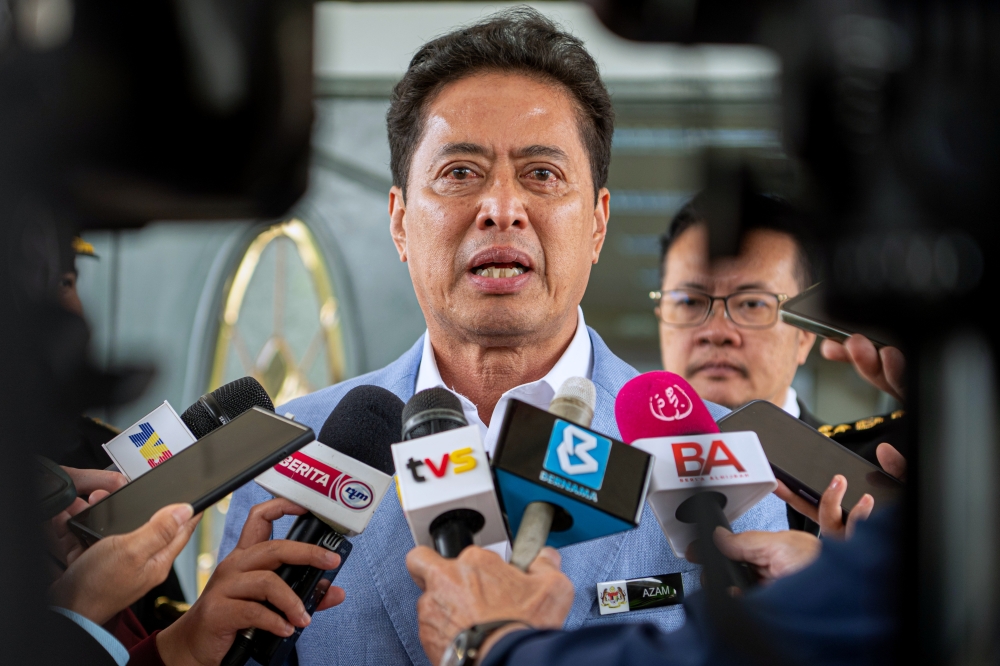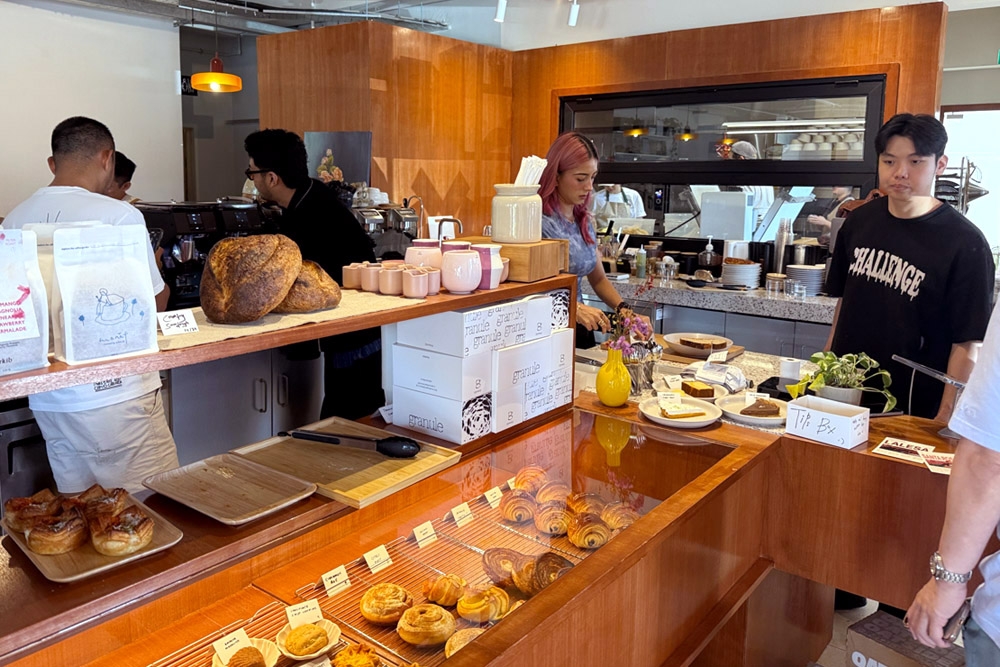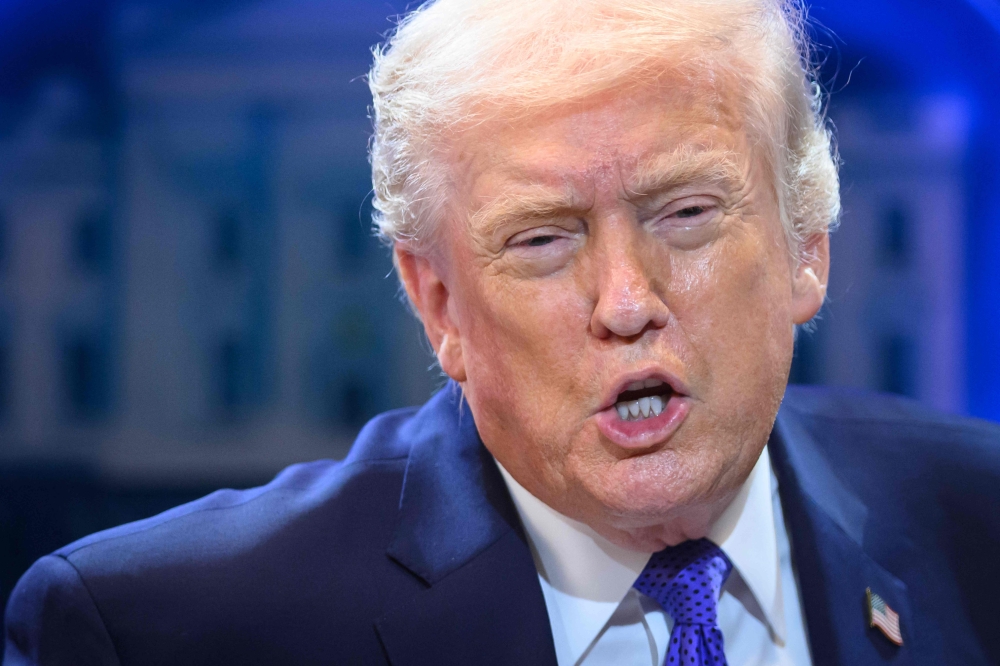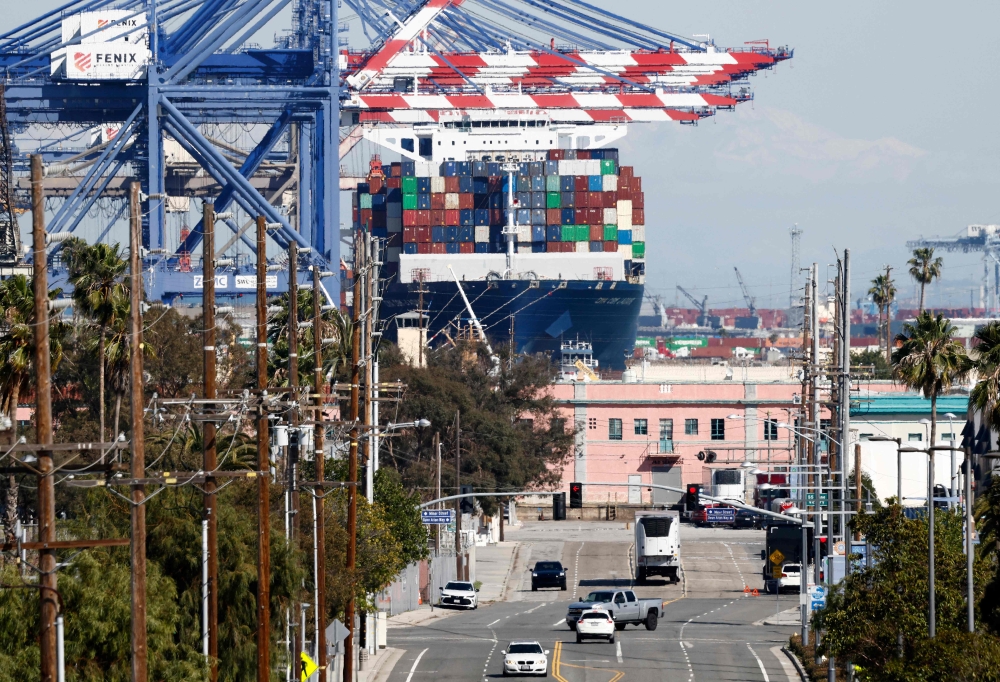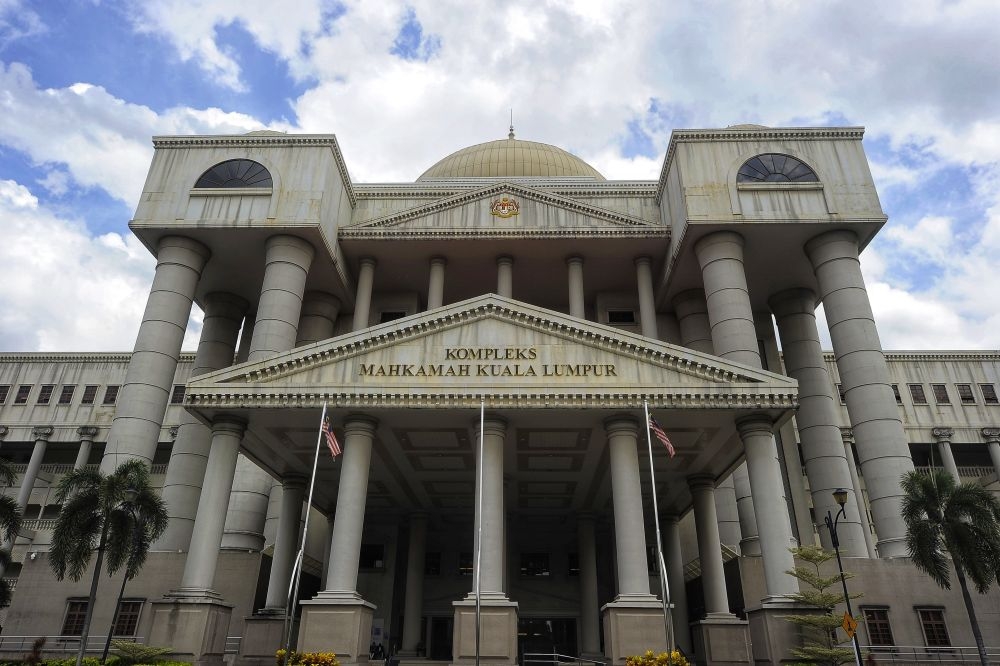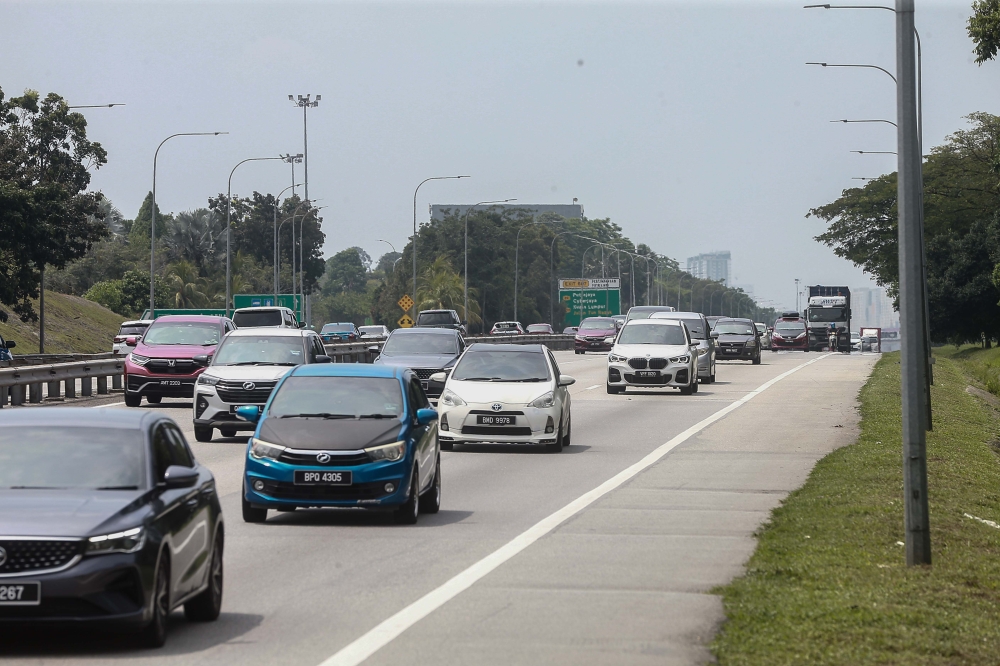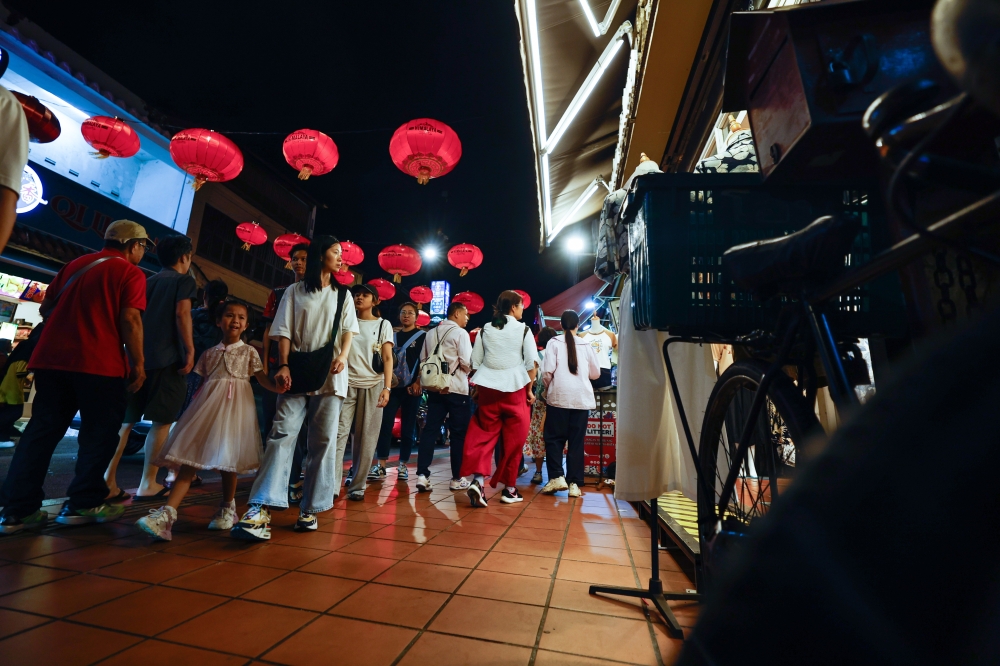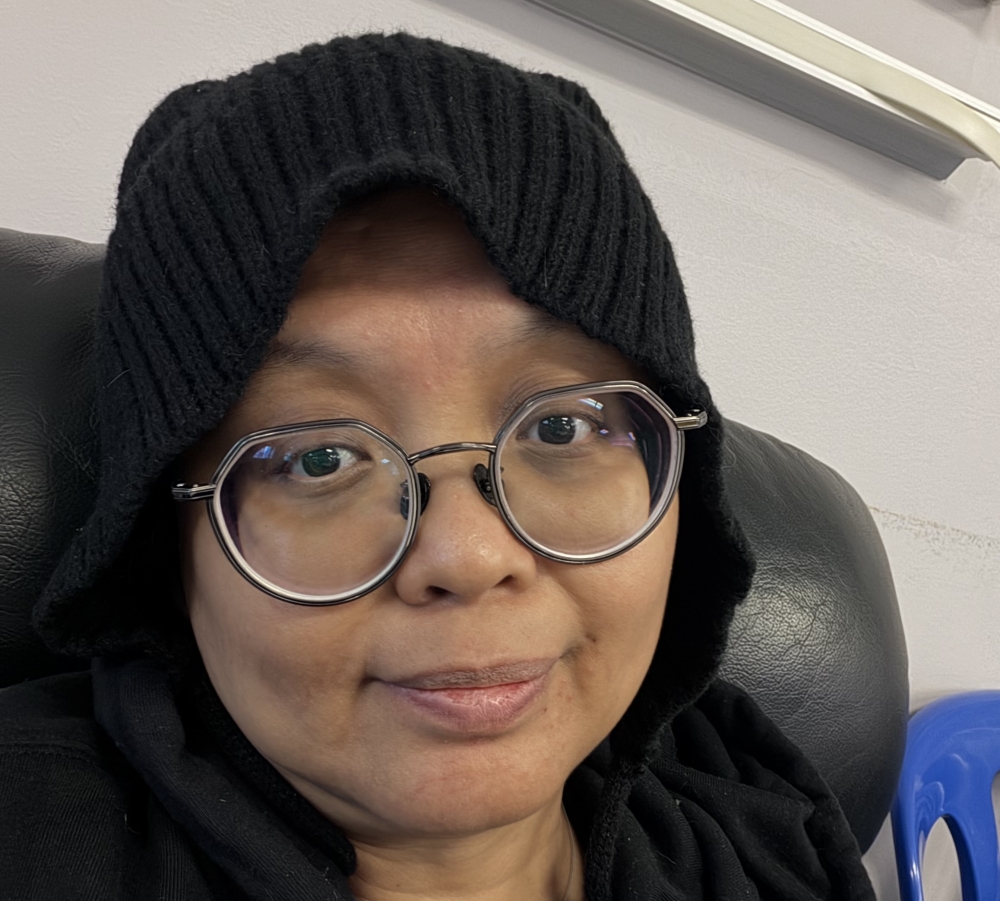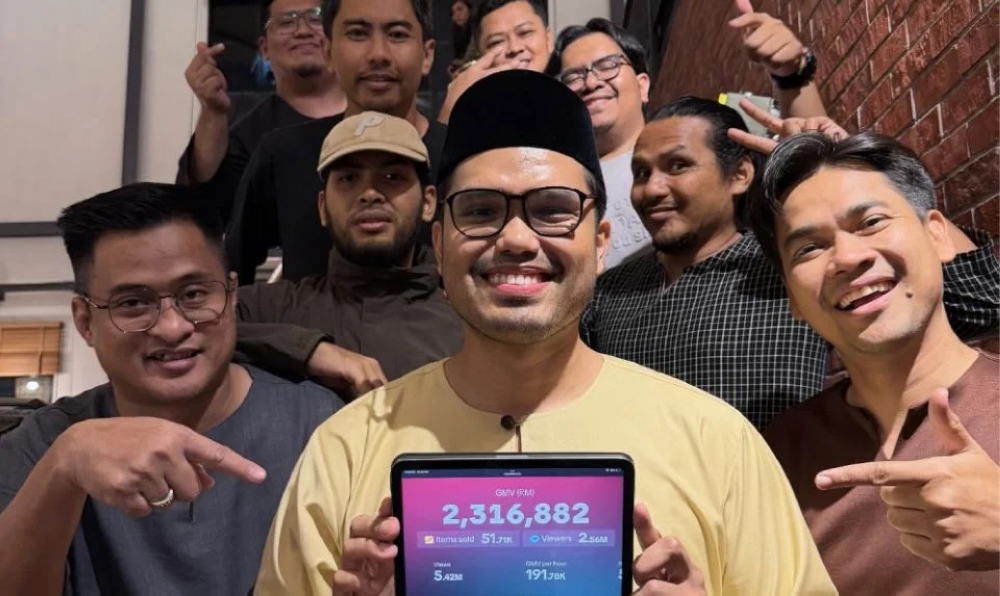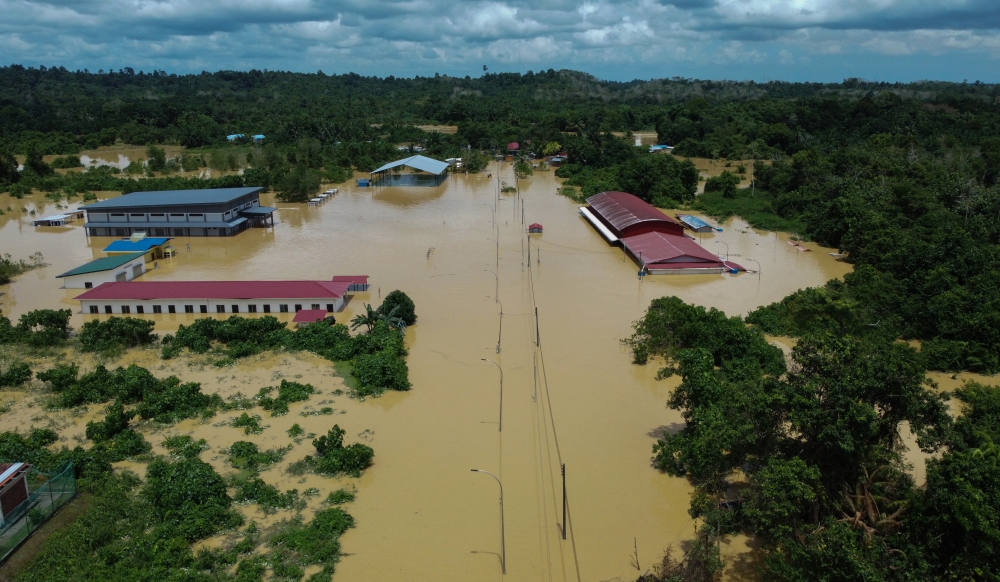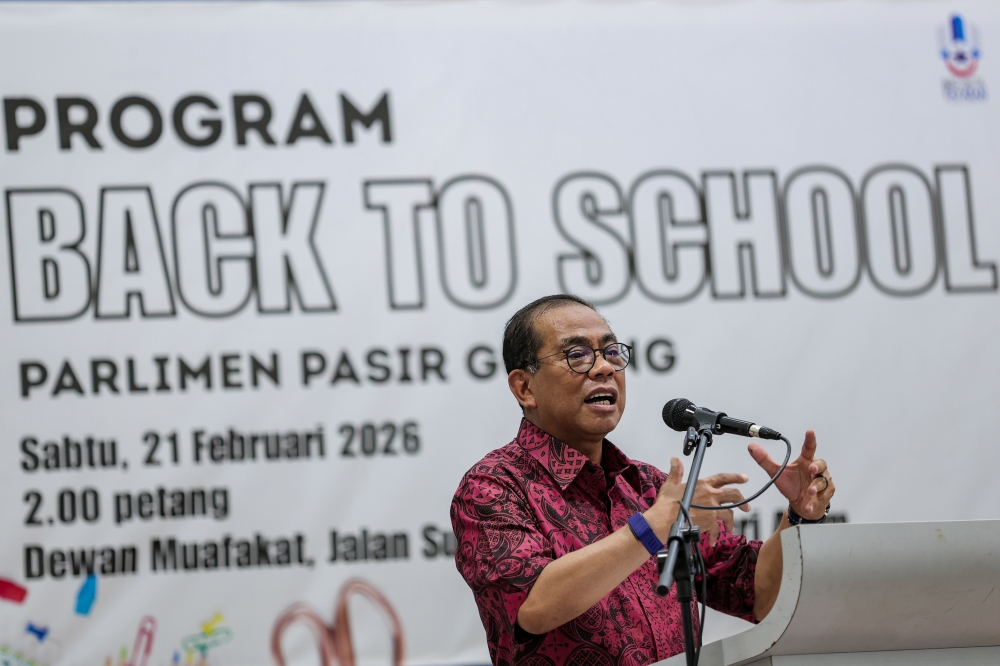MAY 16 — So Singapore has tightened restrictions on movement as a response to a rise in Covid-19 cases. Though this isn't quite as strict as the lockdown imposed last April, it's close.
Work from home will once again be the default for most Singaporeans and social gatherings are restricted to two people.
Restaurants and hawker stalls will be closed for dine-in customers.
Unnecessary movement will be strongly discouraged so once again people will be spending a lot more time at home and a lot more time either alone or in groups of two.
The sudden return of restrictions come as somewhat of a surprise though. Singapore appeared to have the virus well under control with only a handful of daily cases reported for months and virtually no deaths.
The last few months had seen things in the city pretty much return to normal.
Bars were functioning until 10.30pm, cinemas and theatres were open albeit with social distancing in place and groups of eight had been allowed to gather.
In fact, till quite recently, there was hope that as case numbers remained low and the government's vaccination drive got into high gear the remaining restrictions would soon be discarded.

But quite the opposite has happened.
The dramatic surge of Covid-19 in India and local surges in Malaysia and Thailand clearly rattled authorities in Singapore.
The new Indian strain of Covid-19 appears to be more deadly and transmissible than previous strains and locally too there have been spikes in cases.
Although the number of cases in Singapore — around 20 infections a day as opposed to over 2,000 per day currently in the UK which has just lifted restrictions due to its successful vaccination campaign — may seem modest, it’s the presence of unrelated cases not linked to traced clusters that has prompted the lockdown.
There appears to be a reservoir of Covid-19 somewhere in the population that hasn't been traced.
This is somewhat similar to what happened in India and on a much smaller scale in Thailand.
For a long period, these countries recorded very low infection and death rates from Covid-19 relative to their populations. Then suddenly cases and deaths spiked; in India they've just kept rising.
In these cases, the disease seems to have gradually taken hold in the population and mutations appear to have made it more transmissible.
Singapore hopefully has the capability to contain any spread before any major spike occurs but it is disappointing that even our current modest rise in cases has occurred.
If even Singapore with its strict enforcement, massive surveillance, tiny size and obedient population can’t bring Covid-19 to hee,l where else has a chance?
It is ominous really.
Israel seems to have had success with its rapid vaccination drive. Perhaps Singapore was a little slow securing its own vaccine stocks.
Israel, another small wealthy and well-organised country in a chaotic region, has so far vaccinated 60 per cent of its population but Singapore has managed only half that.
Increased vaccination rates may have allowed the government to keep things open with more confidence but fundamentally Covid-19 is not easy to contain and the situation can change rapidly.
But the bottomline from this latest lockdown is going to be another hit to the economy and more strain on our social fabric.
Bars and restaurants are closing again, offices that were looking forward to getting back to normal are back to work from home and families with relatives overseas will remain divided.
My father lives in Malaysia; I haven’t seen him for what is approaching two years.
We are growing old without seeing each other and of course there are thousands of families going through even more painful separations.
Festivals, rituals and customs are vanishing as Covid-19 disrupts their practice and young children are growing up seeing masks as a default, not an aberration.
The cost of all this disruption is high. Let's hope this really is the last lockdown before Covid-19 retreats into history.
* This is the personal opinion of the columnist.



